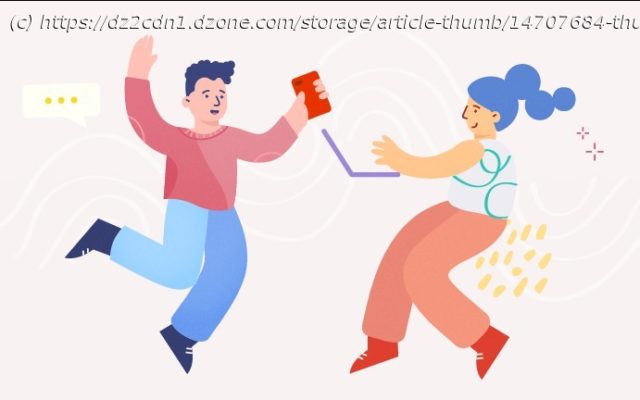With these 10 effective ideas, you can keep your millennial and Gen Z employees productive year after year whether they’re in-office or working remotely.
Join the DZone community and get the full member experience. Millennials and Gen Z now make up much of the workforce. So, it is important to adapt your workplace strategies to get the most out of them. This is not to say you should discard everything you’re already doing and start again. Rather, it’s a case of looking at how these employees work, and figuring out how to make them as productive and efficient as possible. For example, the idea of working 9 to 5 in a cubicle in a soulless office space is outdated and unappealing. A work environment should be stimulating. It should encourage productivity, and make people want to work there. So, how does one keep millennial and Gen Z employees productive? In this blog post, we’re going to explore 10 ways that will help you get the most out of these employees. Workplaces that provide constant training tend to have happier, more productive staff. With onboarding processes, and access to training materials you can help your employees focus and improve on their strengths. According to a study, roughly 50% of millennials admit they would leave a job if it didn’t provide learning opportunities. We all want to grow. And as a business, it’s in your best interest to cultivate your employees to be better. The better they are, the more productive they are, the more valuable they become to your business. Delegating tasks to the right employees is vital. Matching specific tasks to specific skill sets ensures that employees will produce the best outcome. After all, we all tend to perform best at tasks we’re already good at. By assigning tasks to the team member most suited to it, they will be able to perform the task faster and more efficiently. Also, they will see things, and come up with ideas, that someone less skilled wouldn’t think of. By assigning tasks to the most qualified person, they get a sense of accomplishment and you get maximized efficiency. Feedback is an important part of learning and growth for an employee. But it’s also important that employers are transparent about what they’re doing—as well as being transparent about mistakes they make. By creating a culture of transparency, it means people aren’t afraid to make mistakes. No one likes to make them, but in a culture where it’s all about accountability and learning, the staff is less likely to try and cover it up. Which only slows things down and causes more problems. By having this culture, you are promoting learning and improvement. And this can only help improve productivity for everyone. There are two types of goals you should set. Stretch goals and smart goals. Stretch goals aim high; they’re ambitious goals that are constantly growing. The idea behind this is it gives employees a constantly moving goalpost that encourages continued growth and improvement.
Start
United States
USA — software 10 Effective Ways to Keep Your Millennial and Gen Z Employees Productive






